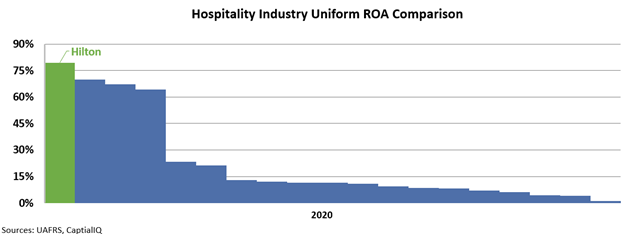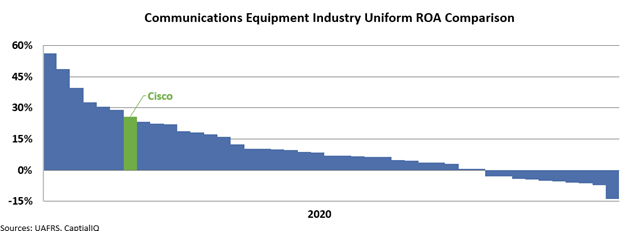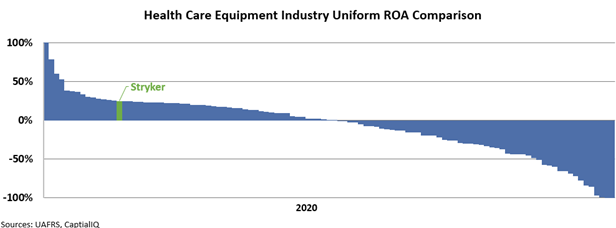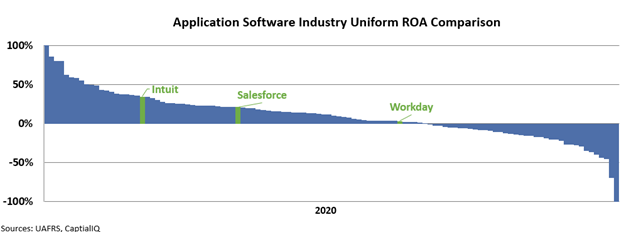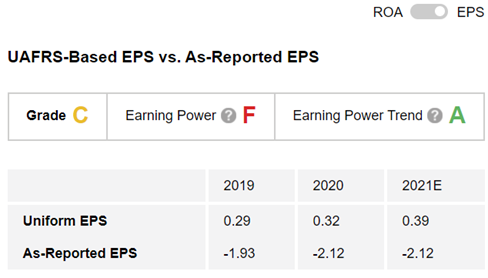 You might not think about the 'kind factor' that much in regard to business success...
You might not think about the 'kind factor' that much in regard to business success...
But as I recently discussed during our weekly all-hands call, here at Altimetry, we want to be a firm on kindness.
Being kind will lead to happier employees, a more effective business, and more satisfied clients. Beyond just our business, it will lead to healthier family environments... and thereby a better community.
The connection between kindness and productivity isn't some crazy conceptual leap... and the relationship between productivity and family values isn't a stretch, either.
Many businesses pay lip service to having a family-like culture. If that's really being accomplished, it requires treating colleagues with the same courtesy and respect as you would treat brothers and sisters.
What is a business, after all, if not a collection of people from families working to serve other families?
 One of my favorite quotes is: 'Be kind to everything and everyone, including oneself, all the time, with no exception'...
One of my favorite quotes is: 'Be kind to everything and everyone, including oneself, all the time, with no exception'...
It's from a book by my favorite author, Dr. David R. Hawkins, titled Transcending the Levels of Consciousness.
That important phrase, "including oneself," challenges us always to push for the best decisions for all parties concerned. Being kind isn't just about bending over backward for your clients, colleagues, or suppliers... It's making sure that everyone is treated with respect and everyone's needs are heard. And it's important to remember that includes your own.
A business can't survive without a strong, sustainable relationship between its workforce, customers, shareholders, and the community at large. We're tasked with finding the best path to serving all of our constituents.
That can only be done with a generous attention to kindness in all of our activities.
 A multitude of metrics are used by experts to determine the level of kindness or positive environment at companies...
A multitude of metrics are used by experts to determine the level of kindness or positive environment at companies...
And Fortune's "100 Best Companies to Work For" list – which you can find here – provides one popular perspective on measuring that.
A workforce that feels valued is more likely to improve the value of its own activities for the benefit of colleagues and customers and therefore the value the business generates as a whole.
Using Uniform Accounting, we have a more accurate view of the true earning power of companies after we clean up the as-reported GAAP numbers to remove distortions. Comparing some of the top companies in the aforementioned Fortune 100 list using that earning power benchmark, we can see some interesting relationships...
The top companies on the list also show higher levels of accurately calculated earning power.
For example, hotel operator Hilton (HLT) comes in at No. 1 on the list... and it's also the best-performing company in its hospitality peer group on a Uniform return on asset ("ROA") basis.
From Fortune's perspective, tech giant Cisco (CSCO) supports the idea that treating everyone in the company with respect and kindness can boost innovation and service for clients. Cisco comes in at No. 4 on the list.
That bears out in an earning power far higher than average. Cisco stands above the vast majority of its peers based on Uniform profitability levels.
Stryker (SYK) is yet another example. Coming in at No. 8 on the Fortune list, the company is a leader in the health care equipment sector... and it also has high levels of Uniform profitability relative to its health care equipment peer group.
Finally, three companies within the software sector are near the top of the Fortune list: Workday (WDAY) at No. 5, Salesforce (CRM) at No. 6, and Intuit (INTU) at No. 11.
While investors might not rank them at the top of their industry in terms of ROAs, Intuit and Salesforce both boast strong profitability... and other factors such as growth have driven their stock valuations to high levels. Behind these are highly motivated workforces, as the Fortune rankings suggests. Here's how their Uniform ROAs look in regard to their peers...
 In the case of Workday, the company's Uniform ROA looks only slightly positive...
In the case of Workday, the company's Uniform ROA looks only slightly positive...
However, there's more to the story. To take a closer look, we can turn to our Altimeter tool, which shows users easily digestible grades to rank stocks based on their Uniform financials.
The as-reported numbers show that Workday's earnings per share ("EPS") are negative and falling. But in reality, Workday's Uniform EPS is positive and climbing. If earnings were truly collapsing, would it be a desirable place to work?
Let's see if Workday's Fortune ranking for having a great employee environment translates into that positive trend continuing in the coming years.
Some folks might assume that these companies are great places to work because they achieved high earning power. I'd beg to differ... Kindness leads to productivity.
Creating a culture of kindness has been necessary for family and nation-building for thousands of years. Why would now be any different?
Regards,
Joel Litman
March 5, 2021
P.S. If you want to see how other companies that you think might have high-quality cultures grade out from a Uniform Accounting perspective – or just want to understand where the other companies in those industries we reviewed above ranks versus its peers – you can get the details in The Altimeter... Learn more here.



 You might not think about the 'kind factor' that much in regard to business success...
You might not think about the 'kind factor' that much in regard to business success...